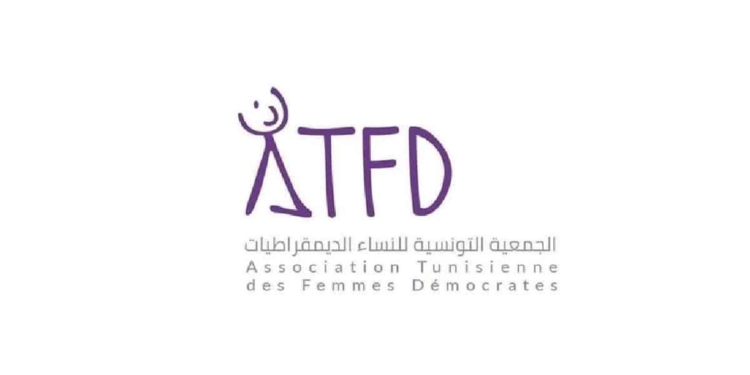The decision to suspend the activities of theTunisian Association of Democratic Women (ATFD) continues to generate a large wave of solidarity in the political and associative landscape. After the first reactions from civil society, several parties and organizations denounced a “worrying drift” and a “dangerous precedent” for public freedoms.
Also read:
Tunisia – The State relaunches the hunt for foreign funds in the associative sector
A united associative and union front
In a press release published on October 25, the Association of Tunisian Magistrates (AMT) expressed its “deep concern” in the face of what she describes as “arbitrary measure”recalling that the ATFD “acts in accordance with Decree-Law No. 88 of 2011” and that no breach has been noted.
The president of the AMT, Anas Hamadi, warned against an “attempt to intimidate” independent structures and called for “vigilance in the face of any attempt to weaken the free associative fabric”.
Parties denounce an “attack on freedom of association”
Several political groups also reacted.
The Ettakatol Party (Democratic Forum for Work and Freedoms) expressed its “total solidarity” with the ATFD, calling the decision “an alarming signal of democratic backsliding.”
For its part, Afek Tounes denounced a “act of retaliation” against independent voices, believing that this is a “new stage in the policy of restricting associative pluralism”.
These parties call on the authorities to reverse this decision “contrary to the principles of the Constitution and Tunisia’s international commitments”.
Mobilization of the feminist movement
Feminist organizations, like Aswat Nissa, saw in the suspension of the ATFD “a frontal attack on the women’s movement”recalling that the association founded in 1989 has always defended civil rights and equality.
The collective “Against the criminalization of civil work” has, for its part, denounced “an escalation in the repression of the associative field” and called on all NGOs to make public the pressures and obstacles to which they are subject.
Tunisia – The suspension of the ATFD relaunches the debate on freedom of association
These positions, more and more numerous, reflect a growing concern about the evolution of the associative framework in Tunisia. While the ministry concerned has not yet reacted, several observers are calling for preserve the spirit of Decree-Law 88considered since 2011 as one of the pillars of freedom of association and civil pluralism in the country.








